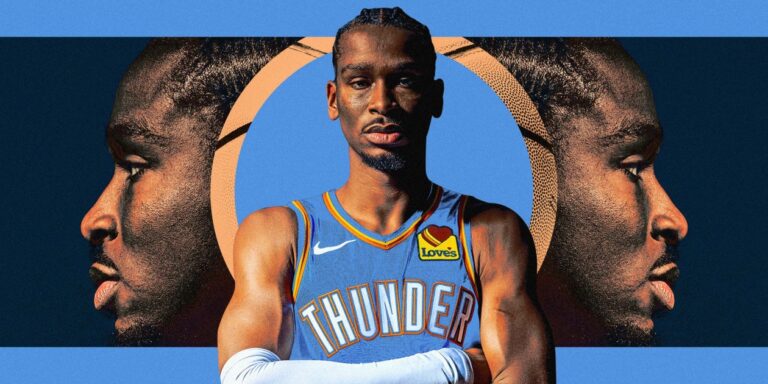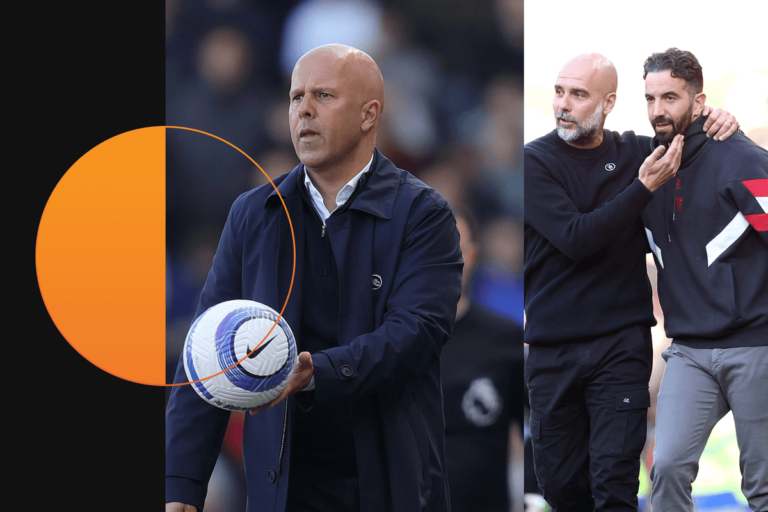For four years, college coaches and administrators have lamented the “wild, wild West” nature of the transfer portal, with athletes hopping from school to school in search of more money, more playing time or a better fit. Now, some universities are invoking a new threat to keep their players: Leave, and you’ll owe us money.
Programs are chasing that kind of leverage under the assumption that they will soon be in a position to directly sign athletes to NIL deals without having to depend on outside collectives or individual donors to make arrangements. They would gain that ability with the landmark House v. NCAA settlement, which would permit schools to share as much as $20.5 million in revenue with their athletes in the next school year if the settlement is approved by a federal judge in California. A hearing is scheduled for April 7.
Many schools during the recent winter portal cycle used that anticipated revenue to make school-funded NIL deals that would go into effect only if the House settlement is approved. The Athletic reviewed redacted copies or was briefed on the terms of several Power 4 schools’ proposed or finalized contracts, which were shared on the condition of anonymity due to the private nature of the contracts.
While there is no such thing as a standardized NIL contract, all contained language intended to deter the player from entering the portal. “You’re seeing some stuff similar to coaching contracts with the buyout language in there,” said agent Joe Hernandez of Just Win Management Group. “Which is something that you wouldn’t really see in an NFL player-team contract.”
One Big 12 school required the athlete to pay a buyout equal to 50 percent of his remaining compensation if he transferred before the end of the deal’s term. An ACC school required the athlete to pay back 100 percent of his earnings if he transferred before Jan. 31, 2026.
One Big Ten player’s contract, based on a suggested template the conference sent to all of its members, requires the athlete to pay liquidated damages in the event he transfers. Another defers two-thirds of the athlete’s payments for the coming season until the end of January — after the winter portal window closes.
“They can’t stop players from moving from school to school,” said NIL attorney Mit Winter. “But the buyout clause is an attempt to limit that by making the player have to pay back money to the school if they want to get out of that contract.”
Shane Burnham, a former FBS defensive line coach who is now director of football for Ascension Sports Consulting, said he recently reviewed the contract of a player who signed with an ACC school in January. The deal included a clause where the player would have to forfeit 50 percent of the money he’d received if he entered the portal in April. “It’s predatory what these schools are doing,” Burnham said.
Industry sources say the practice did not become prevalent until the most recent transfer portal cycle, when programs’ general managers began negotiating NIL contracts directly. In the past, schools were more mindful of maintaining separation between the school and an outside collective, but that’s gone by the wayside with the advent of revenue sharing. “There’s just so much money,” said Walker Jones, executive director of The Grove Collective, which supports Ole Miss. “It got to the point where collectives and schools felt they had to be protected.”
It remains to be seen whether that protection is realistic. Wisconsin set the tone for this new era in January when it refused to enter cornerback Xavier Lucas’ name into the transfer portal after Lucas had signed a two-year NIL deal. Lucas still left the program and enrolled at Miami, which Wisconsin subsequently accused of tampering with Lucas.
One Big 12 school required the athlete to pay a buyout equal to 50 percent of his remaining compensation if he transferred before the end of the deal’s term. An ACC school required the athlete to pay back 100 percent of his earnings if he transferred before Jan. 31, 2026.
Three agents told The Athletic they’ve insisted the buyouts be removed or reduced from their clients’ deals. However, many players do not have agents and may be unaware that this is a possibility.
Wisconsin set the tone for this new era in January when it refused to enter cornerback Xavier Lucas’ name into the transfer portal after Lucas had signed a two-year NIL deal. Lucas still left the program and enrolled at Miami, which Wisconsin subsequently accused of tampering with Lucas.
Source link




